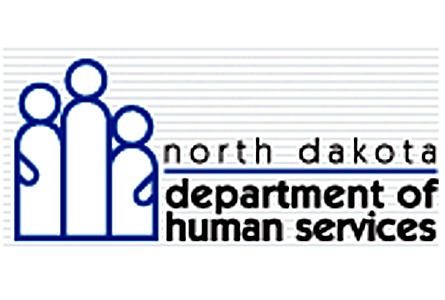Why Doesn't North Dakota Track Welfare Funds?

Occasionally we are treated to news stories like this one which detail the use of government welfare funds – programs like TANF or food stamps – being used in inappropriate ways, such as in strip clubs or for alcohol.
I was interested in doing a similar story here in North Dakota. After all, these stories always spark a great deal of public interest, as well they should. People who have the resources to go to strip clubs and liquor stores don’t need to be on public assistance.
So I put in a request for a sample of transactions from which to start analysis. I requested from the Department of Human Services (which oversees the TANF program in North Dakota) a copy of all EFT card transactions for the month of December in the Fargo area. Specifically, I was looking for a list of vendor and vendor addresses so I could see if there were any places where it might be considered inappropriate for public assistance dollars to be spent.
What I found out is that the State of North Dakota apparently doesn’t track these things.
“North Dakota Department of Human Services (DHS) does not have a record of any or all EFT TANF transactions which took place in the City of Fargo for the dates of December 1st, 2012 through December 31, 2012,” DHS Assistant Director of Public Assistance Brenda Peterson told me in an email. “DHS also does not have any record that includes the name of establishments, addresses, time, specific dates, and specific amounts of TANF transactions.”
I asked if there was any state agency which tracks these transactions, and she told me that “There is not any state agency that tracks EFT card transactions at this time.”
That’s troubling, to say the least. Federal spending on human services in North Dakota is set to decrease by 12.1% in the next biennium thanks to the state’s rising levels of prosperity (thanks, in turn, to the oil boom). But the state’s portion of human services spending would increase by nearly 14% per Governor Dalrymple’s executive budget recommendation. Why human services spending should go up when the state is getting more prosperous is perhaps another topic for debate (it seems that, good times and bad, the human services folks always want more), but at the very least shouldn’t we be tracking how some of this public assistance to ensure it’s being spent appropriately?
Update: I just spoke with a local Cass County Social Services official who seemed befuddled that the state didn’t have the records. “Somebody has to have the records,” she told me.
Indeed.







